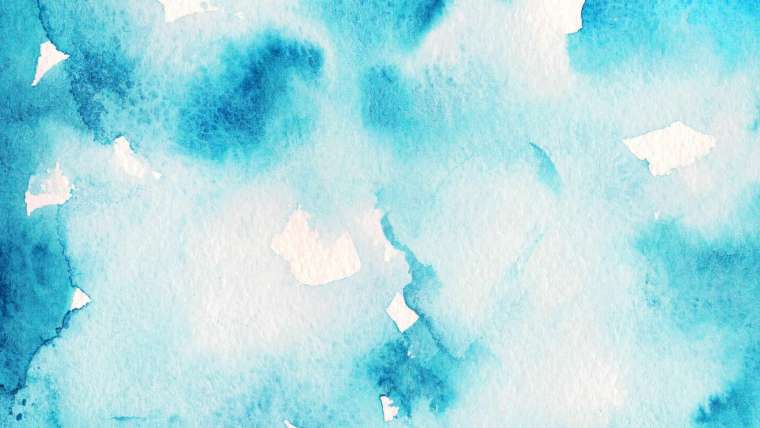Discover the secrets to banishing cold sores for good in our ultimate guide – no more hiding behind the lip balm!
Table of Contents
Everyone dreads the feeling of a tingling sensation on their lip, signaling the onset of a cold sore. Cold sores are a common viral infection caused by the herpes simplex virus. While they are typically harmless, they can be unsightly and uncomfortable. In this comprehensive guide, we will explore the causes, symptoms, and treatment options for cold sores, as well as share prevention strategies to help you keep those pesky sores at bay.
Causes and Symptoms
Cold sores are caused by the herpes simplex virus (HSV), with the most common strains responsible being HSV-1 and HSV-2. The virus is highly contagious, and it spreads through direct contact with an infected person or object. Once infected, the virus lies dormant in the nerve cells until triggered by various factors, such as stress, fatigue, or exposure to ultraviolet light.
The typical symptoms of a cold sore include a tingling or burning sensation on the lip, followed by the appearance of a small blister. The blister can be painful and may ooze clear fluid before eventually crusting over. The entire healing process can take up to two weeks.
Treatment Options
While cold sores usually heal on their own within a couple of weeks, there are several treatment options available to help alleviate symptoms and speed up the healing process. Over-the-counter antiviral creams or ointments can help reduce pain and promote healing. Additionally, oral antiviral medications may be prescribed for severe or frequent outbreaks.
Home remedies such as applying ice or aloe vera gel to the affected area can also provide relief. It is essential to keep the cold sore clean and dry to prevent further infection. Avoid picking or touching the sore, as this can prolong healing time and increase the risk of scarring.
Prevention Strategies
Preventing cold sores is key to reducing the frequency and severity of outbreaks. Here are some strategies to help you steer clear of those pesky sores:
| Prevention | Treatment |
|---|---|
| Avoid triggers such as stress and sunlight | Over-the-counter creams and ointments |
| Maintain a healthy immune system | Antiviral medications |
| Avoid sharing personal items | Topical treatments like lip balms |
| Apply sunblock to prevent outbreaks | Ice packs or cold compresses |
Avoid close contact with individuals who have active cold sores. This includes refraining from sharing utensils, lip balms, or towels.
Practice good hygiene by washing your hands regularly and avoiding touching your face.
Manage stress levels through relaxation techniques such as meditation, yoga, or deep breathing exercises.
Avoid prolonged exposure to sunlight, as UV rays can trigger cold sore outbreaks.
Boost your immune system by eating a balanced diet, exercising regularly, and getting an adequate amount of sleep.
Conclusion
Although cold sores can be a nuisance, they are a common and manageable condition. By understanding the causes, symptoms, treatment options, and prevention strategies outlined in this guide, you can take proactive steps to keep cold sores at bay and minimize their impact on your daily life. Remember, if you experience severe or frequent outbreaks, it is essential to consult with a healthcare professional for personalized treatment and guidance.
Frequently Asked Questions
Can cold sores be prevented?
Yes, cold sores can be prevented by avoiding triggers such as stress, sunlight, and sharing personal items. Maintaining a healthy immune system and practicing good hygiene can also help reduce the risk of outbreaks.
How long does it take for a cold sore to heal?
Cold sores typically heal on their own within two weeks. However, the healing time can vary depending on the individual’s immune response and the severity of the outbreak.
Are cold sores contagious?
Yes, cold sores are highly contagious, especially when the blister is present. Avoid close contact with others and refrain from sharing personal items to prevent the spread of the virus.
What should I do if I have frequent or severe cold sore outbreaks?
If you experience frequent or severe cold sore outbreaks, consult with a healthcare professional. They can prescribe antiviral medications or recommend other treatment options to help manage and reduce the frequency of outbreaks.





